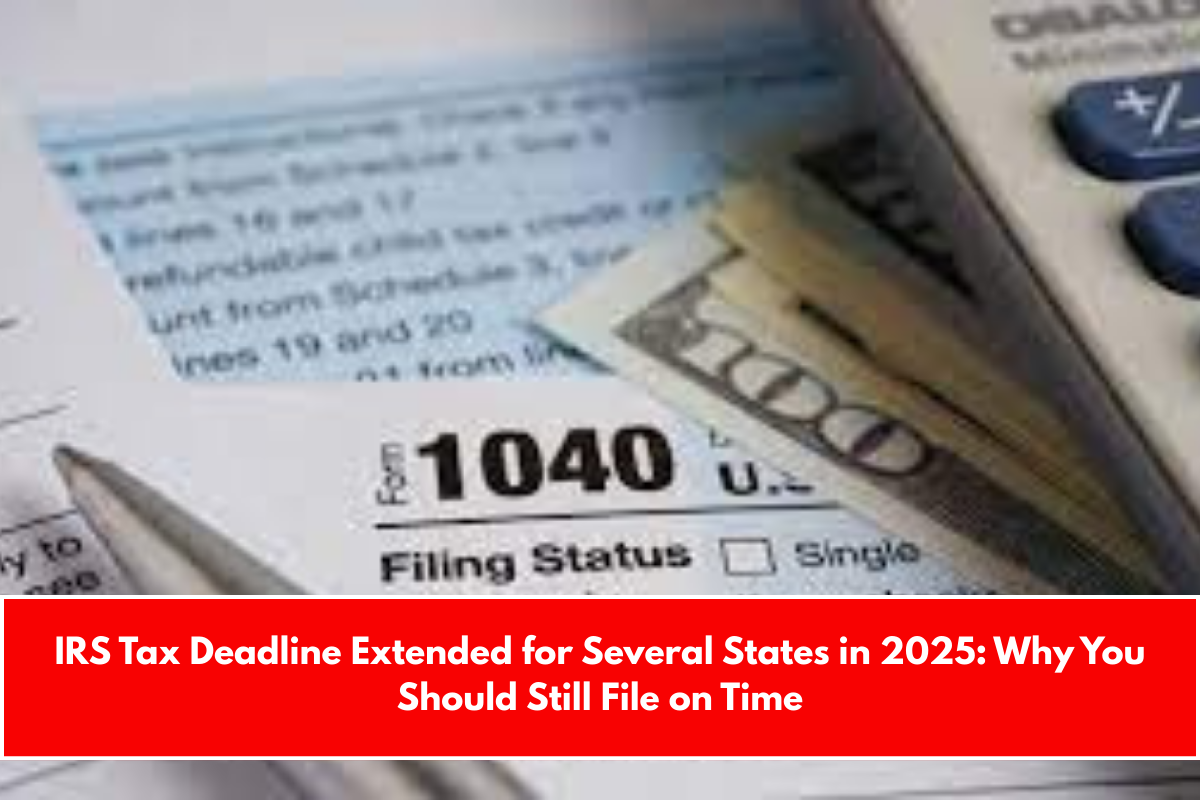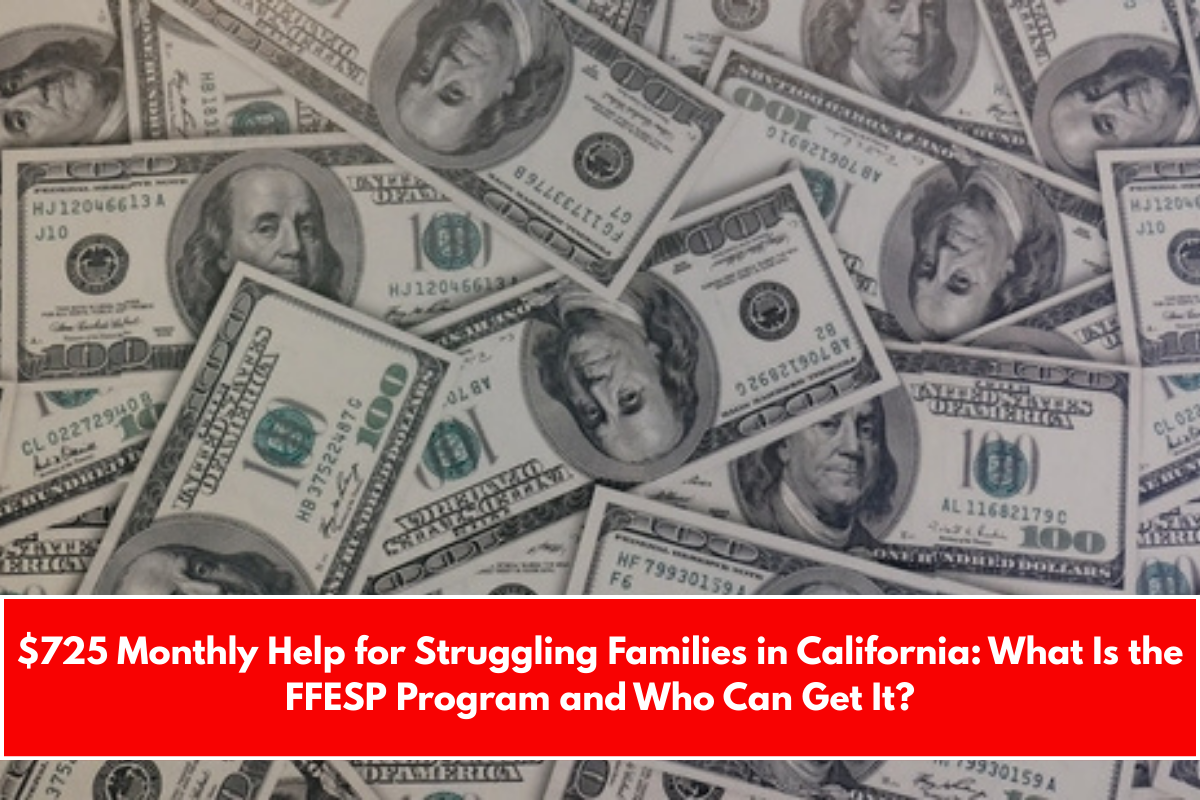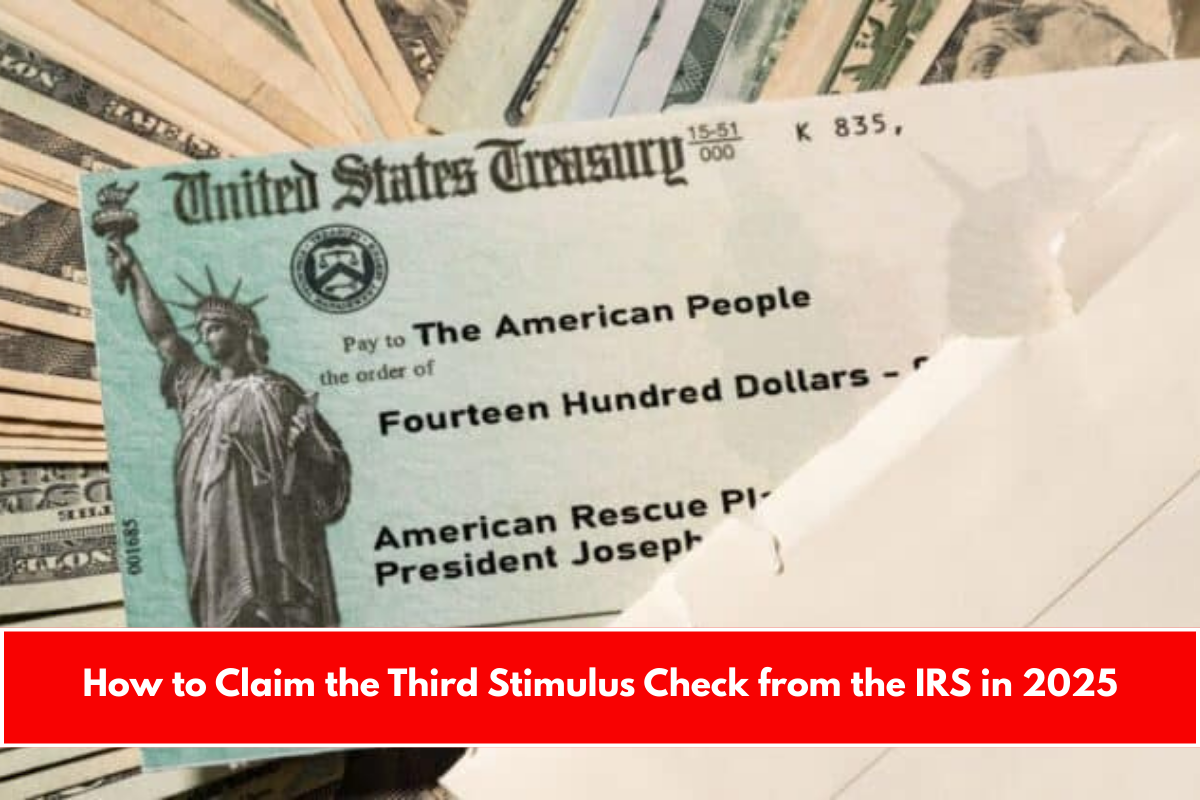In a big move by the Trump administration, the IRS (Internal Revenue Service) and DHS (Department of Homeland Security) have agreed to work together to support immigration enforcement. This new partnership allows immigration officials to access certain taxpayer records of immigrants living in the U.S. without legal status. Let’s understand what this agreement means and how it could affect immigrants and tax rules.
What Is the IRS-DHS Agreement?
The agreement is called a Memorandum of Understanding (MOU). It allows ICE (Immigration and Customs Enforcement) to send names and addresses of undocumented immigrants who already have final removal orders to the IRS. The IRS will then check if these people have filed tax returns.
This data sharing will be used only for legal investigations or court actions related to immigration enforcement. The MOU clearly says that the information will be handled securely and used only by ICE officers involved in the cases.
Is This Agreement Legal?
Yes, both departments say the agreement is legal. According to the IRS and the Treasury Department, they are using a section of U.S. tax law called Section 6103, which protects taxpayer privacy but allows certain exceptions. One such exception allows the IRS to share information with law enforcement in criminal cases.
The Trump administration argues that this is necessary to find and remove people who are living in the U.S. without legal permission, especially those considered a threat to public safety.
What Do Officials Say?
A Treasury Department spokesperson said this is a legal and secure way to help law enforcement. They added that the goal is to protect law-abiding Americans while also going after criminals. A DHS official said the government is finally doing its job by using information across agencies to solve problems, such as identifying violent criminals and removing them from voter lists or public benefit programs.
On the other hand, some former IRS officials and experts are worried. They fear that using tax data in this way could make immigrants scared to pay taxes, especially those who are already working and filing tax returns with individual taxpayer identification numbers (ITINs).
How Could This Affect Tax Collections?
Many undocumented immigrants still pay taxes, even if they don’t have legal status. They contribute billions of dollars to the system. For example, one report says they paid around $25.7 billion in Social Security taxes using borrowed or fake Social Security numbers.
If people think the IRS will use their tax information to help with deportations, they might stop filing taxes. This could reduce tax collections and make the system weaker.
Are There Any Legal Challenges?
Yes. The court documents about the MOU were filed in a case trying to block the agreement. Critics believe it’s an overreach and could break long-standing rules meant to protect taxpayer privacy.
The MOU mentions that every request for data must follow strict procedures and only be used in official legal or immigration cases. Still, privacy experts say this is a new and possibly dangerous use of IRS data.
















